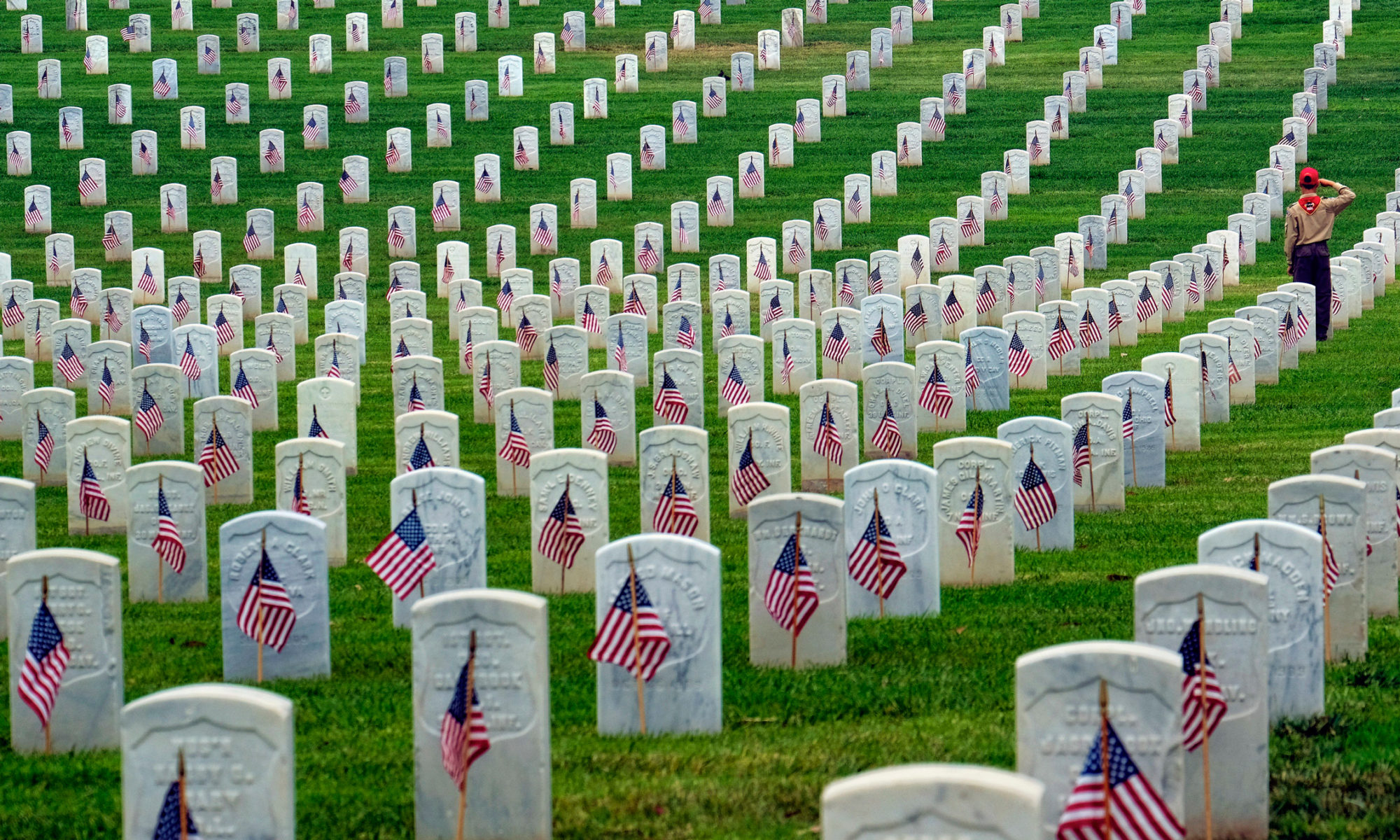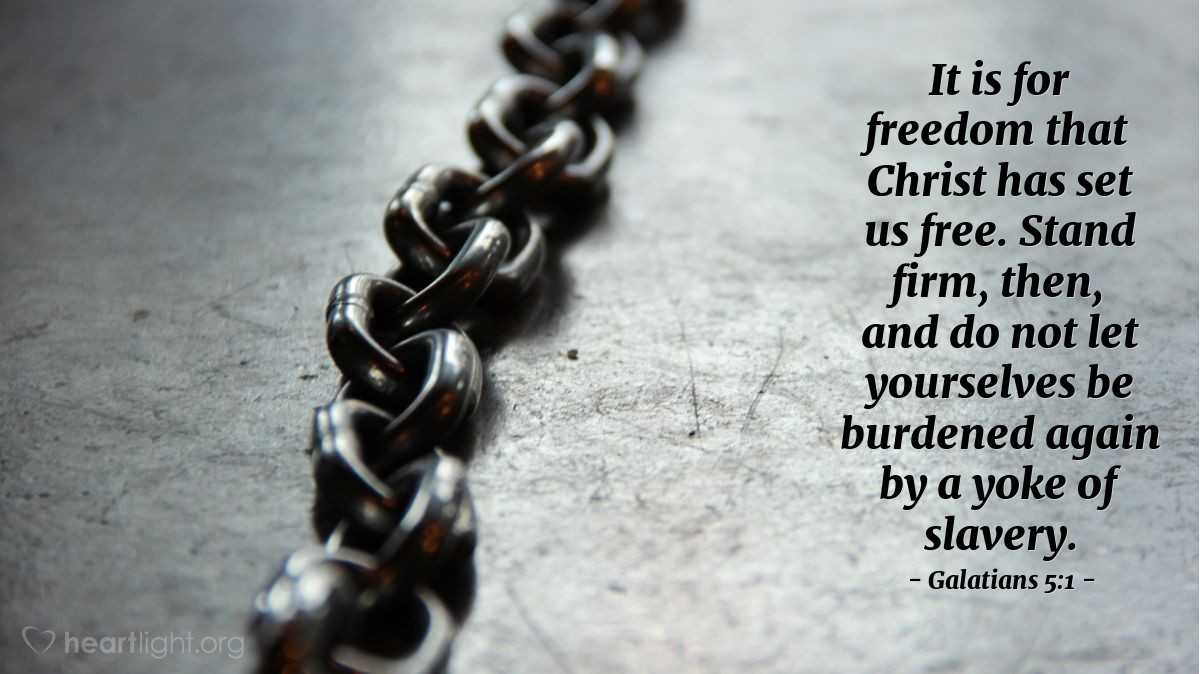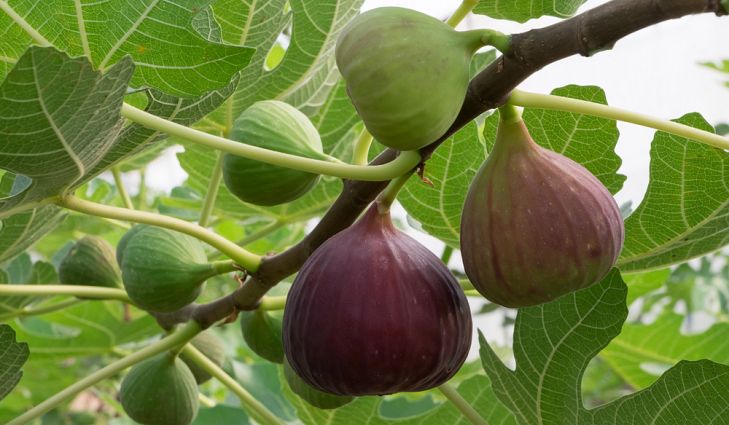Reflections on Memorial Day: those who serve & sacrifice, those who work for peace
Only the dead have seen the end of war. — Plato This is the day we pay homage to all those who didn’t come home … it’s not a celebration, it is a day of solemn contemplation over the cost of freedom. — Tamra Bolton Since wars begin in the minds of men, it is […]
Reflecting on holistic choices: freedom, slavery, and fruits of the spirit from Paul’s letter to Galatians.
Allegories of slavery & freedom in sacred texts: liberating or problematic? At the end of his famous “I Have a Dream” speech, delivered on the steps of the Lincoln Memorial in 1963, civil rights activist Dr. Martin Luther King, Jr. alludes to the apostle Paul’s words in Galatians 3:28: “There is no longer Jew or […]
Meditations on figs and vines in scripture: themes from Taste & See that show up as images of peace, abundance, mercy, hope and justice.
We are each other’s harvest; we are each other’s business; we are each other’s magnitude and bond. — Gwendolyn Brooks The result will be fruit that blesses the world and reveals us as … a community of love. Together, we are so much more powerful than any of us can be on our own. However, this […]
Reflections on Advent 1: Hope
Of History and Hope (excerpt) — Miller Williams We have memorized America, how it was born and who we have been and where. In ceremonies and silence we say the words, telling the stories, singing the old songs. We like the places they take us. Mostly we do. … But where are we going to […]




